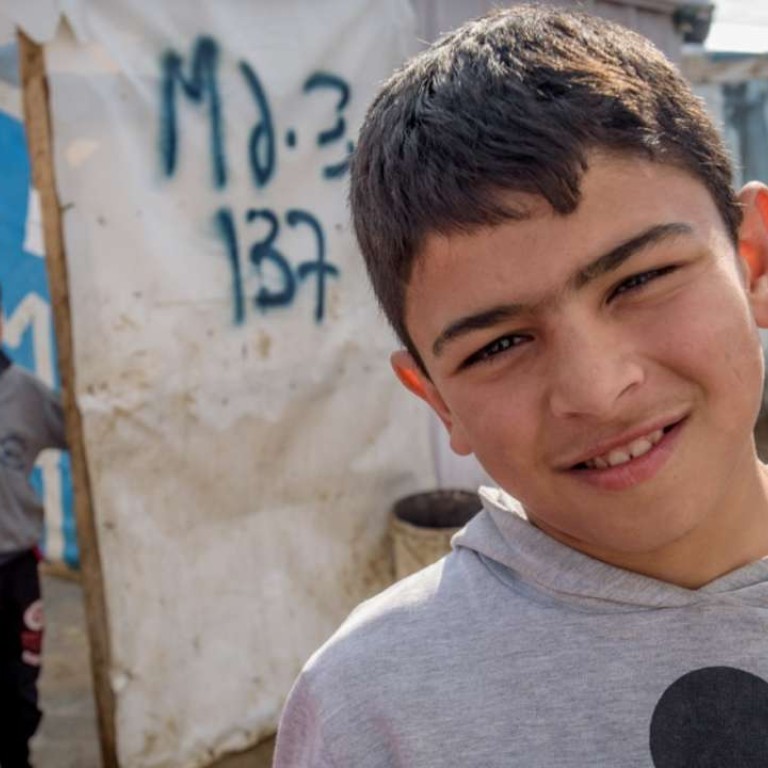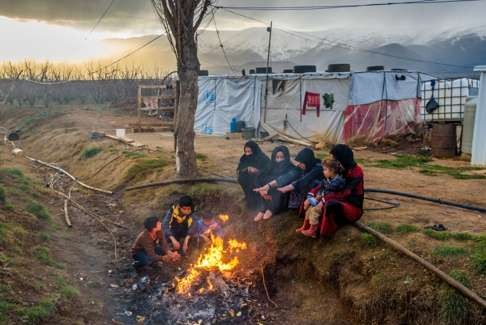
Without help, Syria’s young refugees will remain trapped in a cycle of violence
Judy Ho says the world cannot let an entire generation of young people displaced by civil war remain in despair
Twelve-year-old Syrian boy Ali, who fled to Lebanon, recalled witnessing the attacks in his school. “They were slaughtering people with knives, they had their hands tied behind their backs ... No, I can’t forget that because I saw it with my own eyes. It’s been three years and I still can’t forget it.”
Unfortunately, Ali is not alone. As Syria enters its sixth year of conflict, a new level of destructiveness and horror is being reached. The global community needs to do more than provide shelter and food for the “lost generation” of traumatised children.
WATCH: Syria approaches five years of civil war
As the conflict rages, the hopes and prospects of an entire generation are being crippled. A 2013 study of Syrian refugee children says that “civil war is often a cycle of violence, displacement, resentment, aggression and more violence”. To break the cycle, Syrian children need to be brought back to a safe learning environment, with ongoing psychological support.
In fact, prior to the conflict, Syria took pride in its education success, reporting universal enrolment in primary school. But, because of the war, over half of all Syrian children did not attend school during 2014 and 2015, and Syria’s primary school enrolment rate has become one of the lowest in the world.
READ MORE: Syrian government, opposition set for difficult talks aimed at ending the war and rebuilding the nation

WATCH: The scramble to save children in war-torn Syria
For those who fled to other countries like Jordan, Turkey or Lebanon, they face yet another set of challenges. One is to learn a new language. Turkey, for example, has prohibited children from enrolling in school until they can show proficiency in Turkish. Syrian refugees are also often viewed as second-class citizens in host countries. Discrimination and verbal and physical abuse at school discourage parents from enrolling their children.
The desire to go back to Syria and rebuild their home is strong among Syrian refugees, and more could be done to help the children
In Jordan and Lebanon, native parents are frustrated by the influx of Syrian children, fearing their presence could compromise education quality. Native children are instructed by their parents to sit far from the Syrian children as they are perceived to be dirty and carriers of infectious diseases.
Recent research by the Migration Policy Institute shows that the education crisis is worst for Syrian girls. Many are being sold into marriage or sexually exploited by those who take advantage of the resourceless refugee families. It is not uncommon to use sexual favours as forms of payment for livelihood necessities.
The desire to go back to Syria and rebuild their home is strong among Syrian refugees, and more could be done to help the children. Redoubling efforts to heal the trauma is crucial so that when they can return, they go back full of hope and aspirations.
Judy Ho is international ministry officer at World Vision Hong Kong
